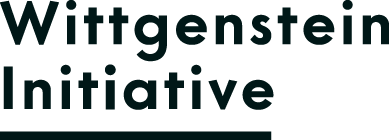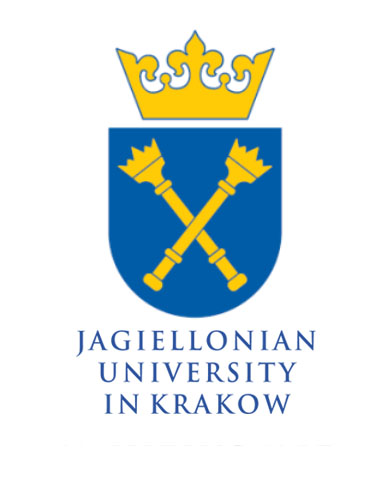The TRACTATUS ODYSSEY exhibition in Warsaw & a visit to the historical original places in Kraków and Tarnów
4 – 7 November 2019
Under the auspices of the Austrian Cultural Forum in Warsaw and the Jagiellonian University in Kraków, the exhibition The Tractatus Odyssey travels to its first station abroad.
4 November 2019, 18:00
Exhibition opening at the Warsaw University Library
4-5 November 2019
Conference Ludwig Wittgenstein and his Tractatus: Text, Biographical Setting, and Contemporary Perspectives
Austrian Cultural Forum, Próżna Street 7/9, Warsaw
6-7 November 2019
Visit to Kraków and Tarnów
Session on Wittgenstein and Religion during World War 1
Jagiellonian University
Ambassador Dr. Emil Brix, Dr. Jacek Purchla, Prof. Ray Monk, Prof. Alois Pichler, Prof. Volker Munz, Dr.Martin Pilch, Dr. Krzysztof Meissner, Dr. Marcin Poręba, Dr. Jozef Bremer, Dr. Urszula Idziak-Smoczyńska, Prof. Adam Lipszyc
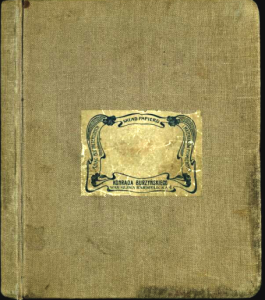
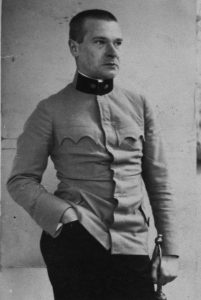
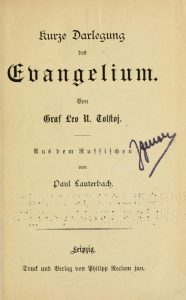
In August 1914 Wittgenstein was assigned to one of the Vistula ships, the Goplana, in Kraków “for the operation of a spotlight”. On 28 October 1914 he received a letter from the poet Georg Trakl – the connection was established through Wittgenstein‘s donation to poor artists in July 1914. Trakl was in the garrison hospital in Kraków and asked Wittgenstein to visit him. But when he reached Kraków on 5.11., he noted:
“In the morning in the city to the garrison hospital. There I learned that Trakl died a few days ago! This hit me very hard. How sad, how sad!!! I wrote immediately to Ficker about it. Made errands & then returned to the ship about 6 o‘clock. Didn’t do any work. Poor Trakl! ––– ! Thy will be done. ––––.”
“I always carry Tolstoy‘s “Gospel in Brief” around with me like a talisman.”
Wartime Diaries, 11 October 1914
Wittgenstein must have reached the town of Tarnów while the ship was being loaded or unloaded. In any case, he acquired the only German-language book available there in a bookshop: Tolstoy‘s “Gospel in Brief”. It had a great influence on Wittgenstein‘s moral self-image during the war and until the end of his life.
